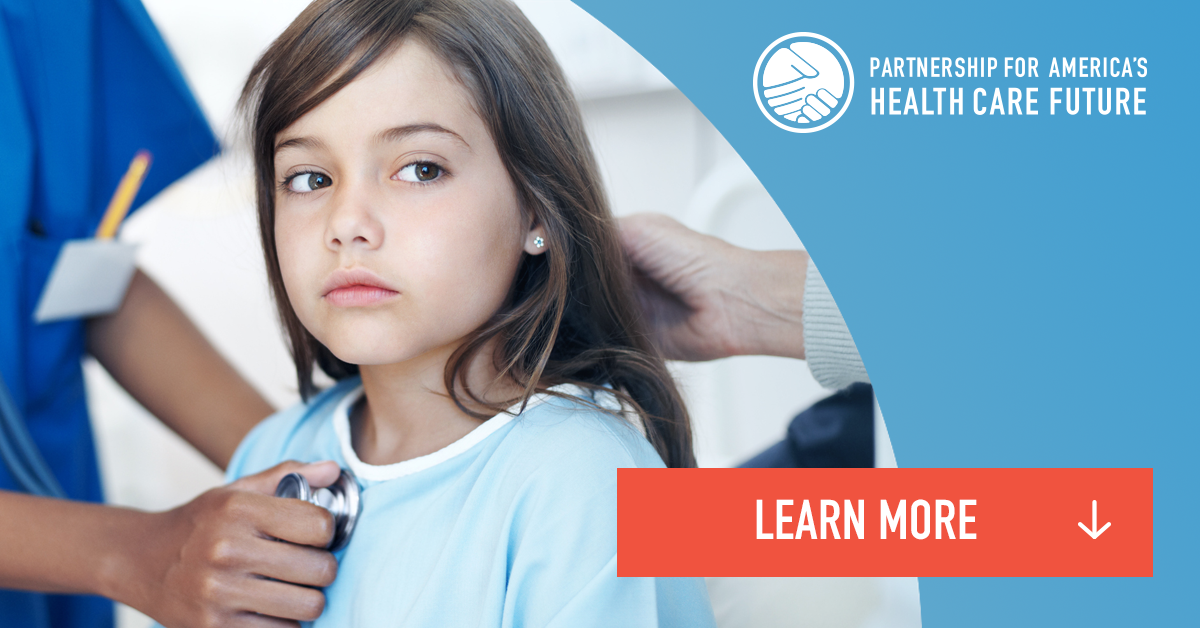Poll Of Iowa Dems Finds ‘Confusion’ Over What 2020 W.H. Hopefuls’ Health Care Proposals ‘Would Actually Mean’

WASHINGTON – As Democratic presidential hopefuls attend the Iowa State Fair in a bid to win supporters in the early caucus state, a new Monmouth University poll finds that “Iowa Democratic voters overwhelmingly rank health care as their top issue in choosing a presidential nominee,” POLITICO reports. “But there’s still confusion over what Democratic contenders’ individual health care plans would actually mean.” And the most recent round of “Democratic debates didn’t do much to clarify candidates’ plans for health care,” CNBC adds.
This lack of clarity is no surprise, as The Washington Post has reported that “even though the 2020 contenders frequently mention [Medicare for all], they tend to shy away from details on exactly how the whole thing would work.” Shedding light on why, polling has shown that most Americans oppose Medicare for all once they know what it is, and most Democratic voters favor strengthening the Affordable Care Act over pursuing Medicare for all. A national poll conducted earlier this year by the Kaiser Family Foundation revealed that support for Medicare for all “drops as low as -44 percentage points” when people find out it would “lead to delays in some people getting some medical tests and treatments,” and “is also negative if people hear it would threaten the current Medicare program (-28 percentage points), require most Americans to pay more in taxes (-23 percentage points), or eliminate private health insurance companies (-21 percentage points).”
And while some candidates attempt to position the public option as a moderate alternative to Medicare for all, Americans are just beginning to understand that they would ultimately lead to the same negative consequences. The Wall Street Journal has reported that the public option and similar new government insurance systems represent “stepping stones to single payer,” a fact acknowledged by 2020 contenders and supporters of such proposals in Congress, including Senator Chris Murphy (D-Conn.), who admitted it would bring about the “slow death” of employer-provided and other private coverage and serve as an “on ramp to a single-payer system.”
In addition, a new study from Navigant shows that under the public option, “55 percent of rural hospitals could be at high risk of closing,” The Washington Post reports. And the study finds that Iowa is among the “states with the most high-risk rural hospitals,” with over 50 hospitals at risk, according to Becker’s Hospital CFO Report.
The Navigant study comes on the heels of a story headlined “How a Medicare Buy-In or Public Option Could Threaten Obamacare,” in which The New York Times reports that “a public option may well threaten the A.C.A. in unexpected ways … could indeed raise premiums,” and “prove costly” for taxpayers.
Instead of focusing on risky new government-run insurance systems like the public option, candidates should work on improving our current system. A new poll released by the Partnership for America’s Health Care Future reveals that voters prioritize improving our current health care system over the public option. It finds that voters across party lines prefer a presidential candidate focused on making those improvements over one who wants to expand government insurance systems, and majorities also “believe that negative outcomes, such as increased taxes and fewer employer-based options, are more likely to occur than positive ones if a government health care program that people could choose were put into place – and most believe it would be unlikely to improve their health care or that of their family.
###